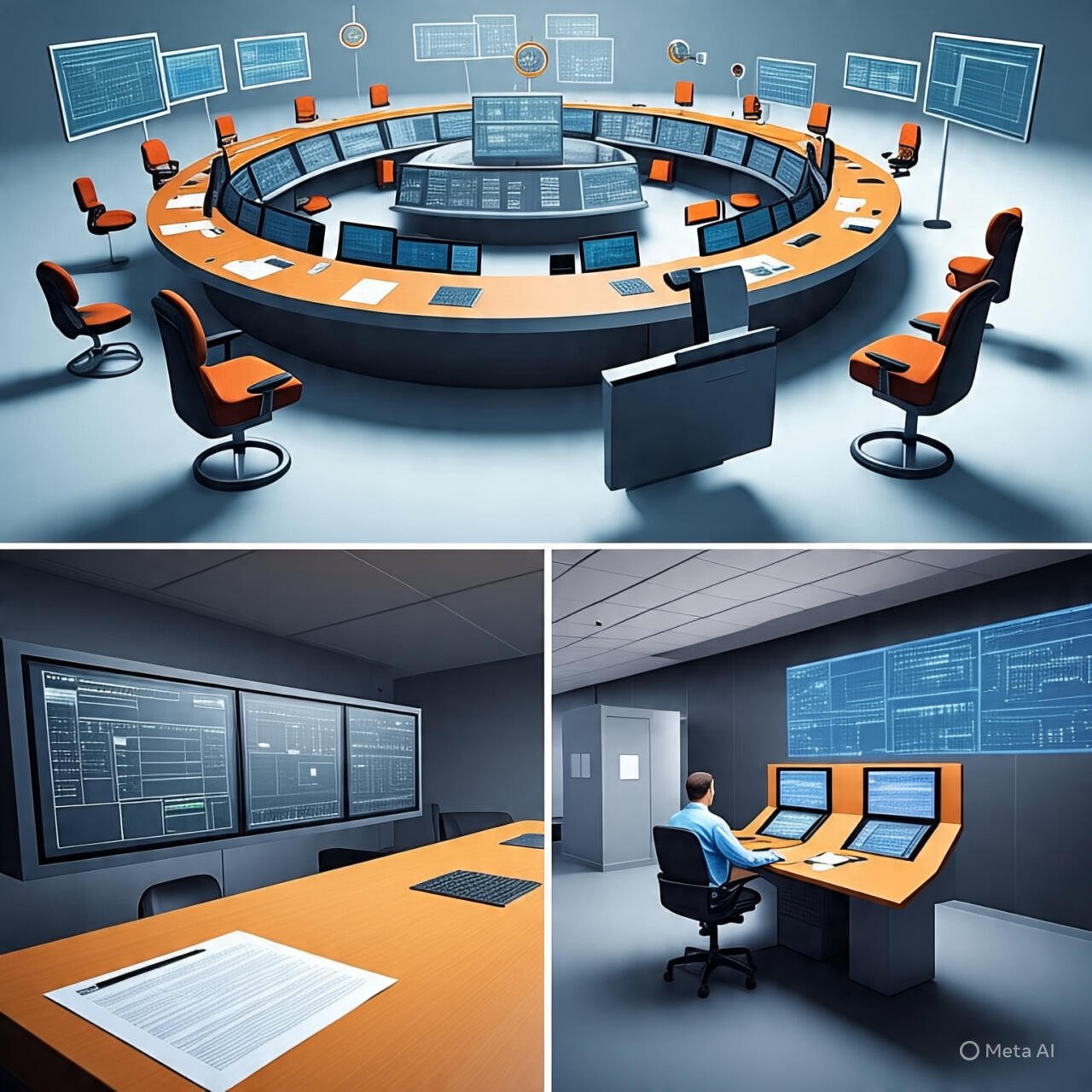-
 @ Winner
2025-05-30 14:38:11
@ Winner
2025-05-30 14:38:11
In various contexts, including technology, governance, and economics, the debate between centralization and decentralization is ongoing.
Centralization:
- Single authority: Decision-making power concentrated in one entity.
- Efficient decision-making: Quick decisions, streamlined processes.
- Security risks: Single point of failure, vulnerable to attacks.
Decentralization:
- Distributed power: Decision-making authority spread across multiple entities.
- Resilience: Reduced risk of single-point failure, increased security.
- Complexity: Decision-making processes can be slower and more complex.
Applications:
- Blockchain: Decentralized networks, like Bitcoin, prioritize security and transparency.
- Governance: Decentralized systems, like democracy, distribute power among branches.
- Technology: Centralized systems, like traditional databases, prioritize efficiency.
The Balance:
- Hybrid models: Combining centralization and decentralization for optimal results.
- Context-dependent: Choosing the right approach based on specific needs.
Decentralization is transforming industries and societies:
- Blockchain and cryptocurrency: Secure, transparent transactions to all users.
- Peer-to-peer networks: Direct connections, reduced intermediaries.
- Decentralized governance: Community-driven decision-making.
Benefits:
- Increased security: Reduced risk of single-point failure.
- Enhanced transparency: Open decision-making processes.
- Greater autonomy: Individuals have more control.
Challenges:
- Scalability: Decentralized systems can be slower.
- Regulation: Navigating legal frameworks.
- Adoption: Overcoming resistance to change.
The Future:
- Decentralized applications: Disrupting traditional industries.
- Web3: A decentralized internet.
In other words, if you are looking for privacy when handling your networking, Decentralization is the best for you. 💯💯